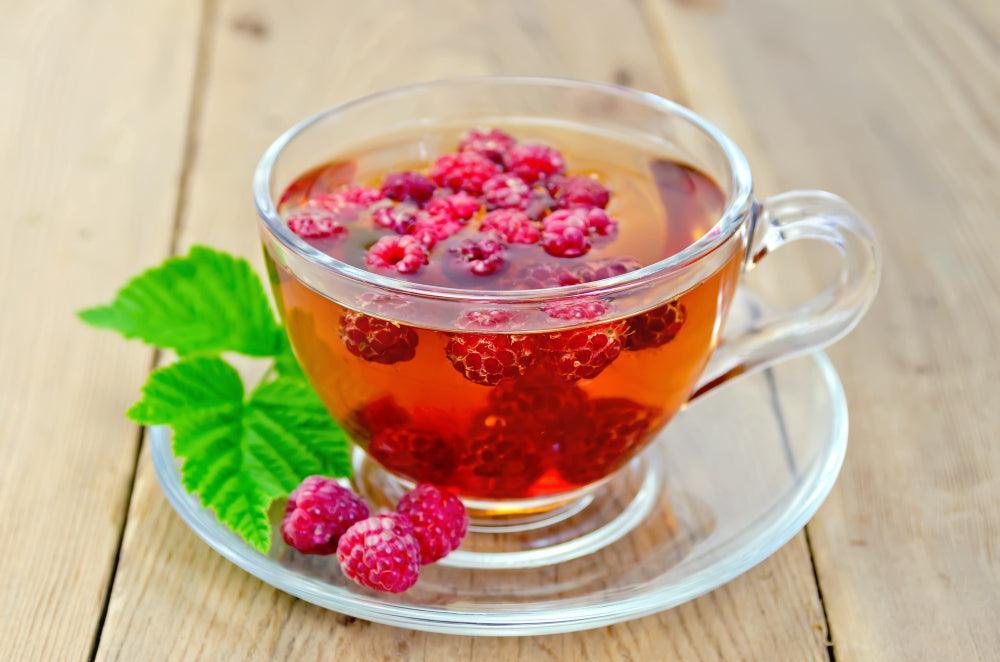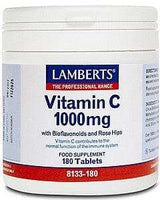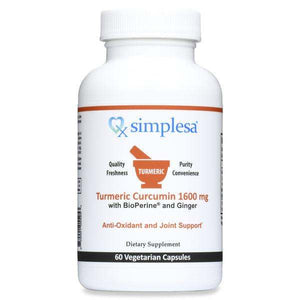Raspberry Leaf Tea: Nature's Secret for Vibrant Health and Wellness


Related products
Raspberry leaf tea, derived from the leaves of the raspberry plant, has been a staple in herbal medicine for centuries. Historically, it was valued for its medicinal properties and used in various cultures for treating a range of ailments. Its resurgence in modern times has garnered attention from the medical community due to its potential health benefits.
This article explores the role of raspberry leaf tea in promoting health and wellness, delving into its composition, health benefits, and the scientific basis behind its traditional uses.
What is Raspberry Leaf Tea?
The raspberry plant, scientifically known as Rubus idaeus, is notable for its fruit, but its leaves are just as valuable. These leaves contain a rich blend of vitamins, minerals, and antioxidants. The leaves are typically dark green, with a silver underside, and have a texture that is somewhat coarse to the touch.
Process of Harvesting and Preparing the Leaves for Tea
Harvesting of raspberry leaves is typically done before the plant blooms. The leaves are then dried and can be used either in loose form or in tea bags. Proper drying of the leaves is crucial to preserve their medicinal qualities.
Nutritional Components of Raspberry Leaf Tea
Raspberry leaf tea contains several key nutrients, including vitamin C, vitamin E, calcium, iron, and magnesium. Additionally, it contains flavonoids and tannins, which are thought to contribute to its health benefits.
Health Benefits of Raspberry Leaf Tea
Raspberry leaf tea, a longstanding herbal remedy, is celebrated for its diverse health benefits. Made from the leaves of the raspberry plant, this tea has been a cornerstone in traditional medicine for centuries. Its growing popularity in modern wellness circles is attributed to its potential roles in women's health, digestive and cardiovascular systems, and immune support. This article delves into the science-backed advantages of raspberry leaf tea, offering insights into how this natural brew can contribute to overall health and wellbeing.
Women's Health
Use in Easing Menstrual Symptoms
Raspberry leaf tea has been traditionally used to alleviate menstrual discomfort. According to a study published in the Journal of Herbal Medicine, women who consumed raspberry leaf tea reported reduced cramping, nausea, and discomfort during menstruation. Dr. Emily Henderson, a gynaecologist, states, "Raspberry leaf tea's muscle-relaxing properties may help to reduce menstrual cramps."
Role in Pregnancy and Childbirth
Raspberry leaf tea is often recommended in the third trimester of pregnancy. A study in the Australian College of Midwives Incorporated Journal found that women who consumed raspberry leaf tea were more likely to have a shorter second stage of labour. However, Dr. Laura Johnson, an obstetrician, cautions, "While some studies suggest benefits, it's crucial to consult with a healthcare provider before using raspberry leaf tea during pregnancy."
Digestive Health
Impact on Digestion and Gut Health
The tea's anti-inflammatory properties can be beneficial for digestive health. Dr. Mark Daniels, a gastroenterologist, explains, "The tannins in raspberry leaf tea may help tighten tissues, reducing inflammation and easing digestive discomfort."
Remedying Mild Stomach Ailments
Raspberry leaf tea is also used for mild stomach ailments such as diarrhoea and nausea. Its astringent properties can help soothe the lining of the stomach and intestines.
Cardiovascular Benefits
Antioxidant Properties and Heart Health
The antioxidants in raspberry leaf tea, particularly flavonoids, are known to support cardiovascular health. A study in the Journal of Nutritional Biochemistry highlighted that these antioxidants could reduce the risk of heart disease.
Effect on Blood Pressure and Circulation
Regular consumption of the tea may also aid in regulating blood pressure and improving circulation, though further research is needed in this area.
Immune System Boost
Vitamins and Minerals that Enhance Immunity
Raspberry leaf tea is a good source of vitamins C and E, both of which are essential for a healthy immune system. Dr. Sarah Brewer, a nutrition expert, notes, "The vitamin C in raspberry leaf tea is vital for immune defence."
Antiviral and Antibacterial Properties
The tea's antiviral and antibacterial properties further bolster its role in supporting the immune system. These properties can help the body fight off infections and recover more quickly from illness.
In conclusion, raspberry leaf tea offers numerous potential health benefits, particularly in the areas of women's health, digestive health, cardiovascular wellness, and immune system support. While it is not a substitute for medical treatment, it can be a beneficial supplement to a healthy lifestyle. As with any herbal remedy, it is important to consult with a healthcare professional before adding it to your regimen.
How to Brew and Enjoy Raspberry Leaf Tea?
Step-by-Step Guide to Brewing the Perfect Cup
To brew raspberry leaf tea, begin by boiling water. Use about one teaspoon of dried leaves for every cup of water. Steep the leaves in the hot water for at least 5 minutes, longer if you prefer a stronger tea. Strain the leaves out before drinking.
Different Ways to Enjoy Raspberry Leaf Tea (Hot, Cold, Blends)
Raspberry leaf tea can be enjoyed hot or cold. For a refreshing summer drink, chill the brewed tea and add ice. It can also be blended with other herbal teas for different flavors. Combining it with peppermint or chamomile can create a soothing blend.
Tips for Enhancing Flavor and Nutritional Value
Adding honey or lemon can enhance the flavor of the tea. To boost the nutritional value, consider adding a slice of ginger or a dash of cinnamon, both of which have their own health benefits.
Precautions and Considerations
Understanding Potential Side Effects
While raspberry leaf tea is generally safe, it can have diuretic effects in some people. Excessive consumption may lead to loose stools or an upset stomach.
Who Should Avoid Raspberry Leaf Tea
Pregnant women should consult their doctor before consuming raspberry leaf tea, especially in the first trimester. Those with a history of hormone-sensitive conditions should also be cautious.
Recommendations for Consumption Frequency and Dosage
It is generally recommended to limit intake to 1-2 cups per day. Consistent, moderate consumption is key to experiencing the potential health benefits without overdoing it.
Raspberry Leaf Tea in Various Cultures
Historical Uses in Different Cultures and Traditions
Traditionally, raspberry leaf tea has been used in various cultures for medicinal purposes. Native Americans used it for its nutritional benefits, while in Europe, it was used for its therapeutic properties during pregnancy and childbirth.
Contemporary Global Perspectives on Raspberry Leaf Tea
Today, the tea is recognized globally for its health benefits. It has become a popular herbal remedy in many countries, valued for its versatility and natural properties.
DIY Raspberry Leaf Tea and Recipes
Guide to Growing and Drying Your Own Raspberry Leaves
Growing raspberry plants is relatively simple. They thrive in well-drained soil with plenty of sunlight. Once the leaves are harvested, they should be dried in a cool, dark place. Spread the leaves out on a clean surface and turn them occasionally until they are completely dry.
Creative Recipes Incorporating Raspberry Leaf Tea (Teas, Cocktails, Desserts)
Raspberry leaf tea can be used in a variety of recipes. It can be a base for herbal cocktails or infused into desserts like sorbets and puddings. It also pairs well with fruit, making it a great ingredient for fruit-infused iced teas.
Conclusion
In summarizing the multifaceted aspects of raspberry leaf tea, it becomes evident that this herbal infusion is more than just a beverage. It’s a testament to the enduring wisdom of traditional remedies and their relevance in modern health practices. From its historical roots in various cultures to its current recognition as a valuable component in herbal medicine, raspberry leaf tea embodies a natural approach to wellness.
The comprehensive exploration of its health benefits, ranging from women's health to digestive and cardiovascular support, underscores the tea's versatility. Moreover, its immune-boosting properties further establish it as a beneficial supplement for overall health maintenance. The guidance provided on brewing, enjoying, and even creating your own raspberry leaf tea preparations empowers readers to integrate this herbal remedy into their daily routine in a way that suits their personal preferences and lifestyle.
However, the importance of approaching raspberry leaf tea with an informed and cautious mindset cannot be overstated. Understanding potential side effects and contraindications is crucial in ensuring its safe and effective use. This balance of embracing the benefits while acknowledging the limitations epitomizes the responsible incorporation of herbal remedies in health regimens.
In a world where wellness is increasingly becoming a priority, raspberry leaf tea offers a simple, natural option for those seeking holistic ways to enhance their health. Whether used as a therapeutic remedy, a daily health tonic, or simply enjoyed for its pleasant taste, raspberry leaf tea stands as a testament to nature's bounty and its enduring role in human health and wellbeing.





































 Rated Excellent by 26,523+ Reviews
Rated Excellent by 26,523+ Reviews